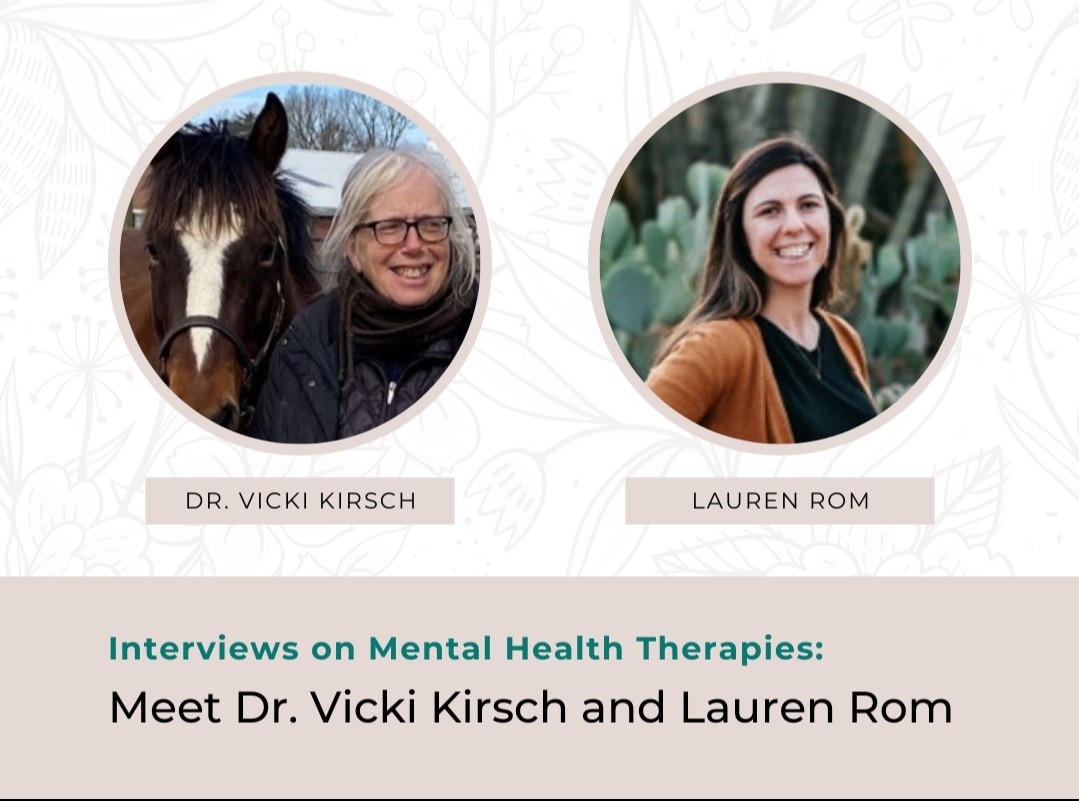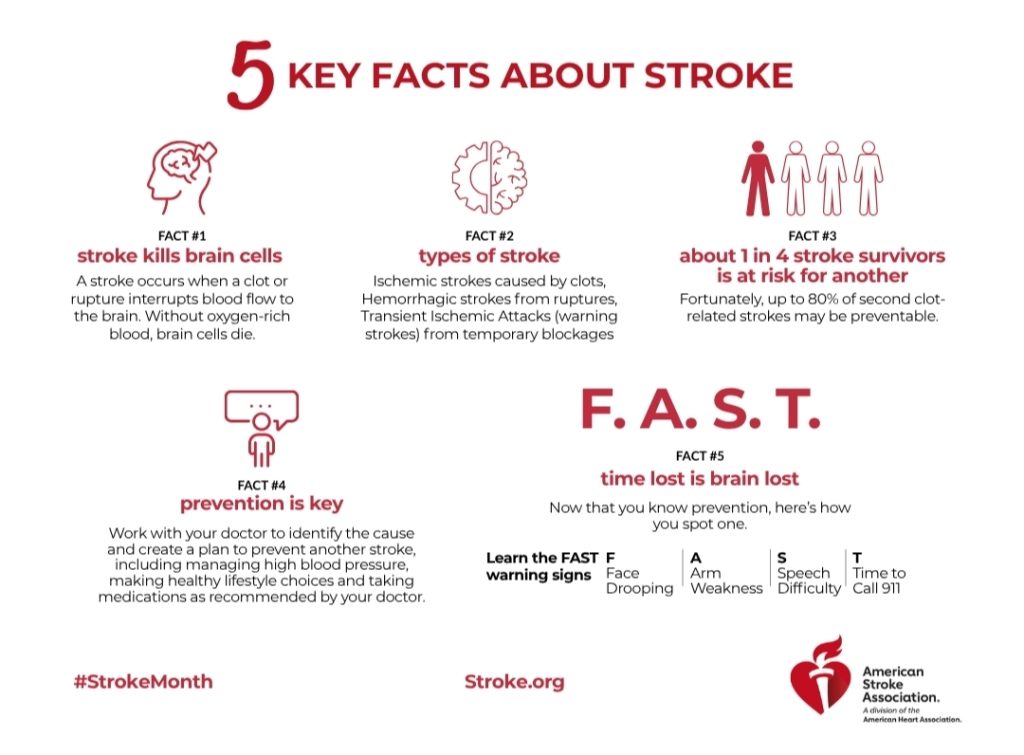Grace Aspinall and Bridget Bunch of Her Nexx Chapter (HNC) discussed a series of interview questions with Dr. Vicki Kirsch and Lauren Rom regarding the different types of therapy. The questions revolved around how one decides whether self-therapy or traditional therapy is best.
Dr. Kirsch is a professor at George Mason University in Fairfax, Virginia, and her titles at Mason are:
Relational Psychodynamic Psychotherapy with expertise in EMDR and DBT (Eye Movement Desensitization and Reprocessing AND Dialectical Behavior Therapy).
Certification in Equine Assisted Mental Health
Associate Clinical Professor, Department of Social Work, George Mason University
Her education and qualifications come from the following:
MSW, Boston University School of Social Work with a Clinical Specialization
Ph.D., Emory University, Institute for the Liberal Arts
MA, The Divinity School, University of Chicago
BA, Georgetown University
Lauren Rom is a recent graduate and an LAC at The Family Room Counseling in Gilbert, Arizona. She brings over 5 years of experience working with young children as a classroom teacher and in a foster home, to her counseling education. With these experiences, she shares her fresh perspective on the unique benefits of therapy and self-therapy.
Her education and qualifications come from:
MA, Phoenix Seminary
BA, Northern Arizona University
HNC: What is therapy and when should someone seek it?
Dr. Kirsch: The word “therapeia” is Greek for “to serve” or to “attend to” or have presence for. Therapy then to me is the effort of attending to the person as a whole with attention to listening and guiding an individual or a group towards connection. We serve the person’s experience of disconnection toward healing…towards knitting together the wounded places of disconnection to create an experience of wholeness. If someone’s struggle manifests in a feeling of separation from their self, this must be sought in a relationship. While not all therapy must occur with a licensed specialist, this is always a good place to start to get an assessment and suggested way to move forward.
Rom: Therapy can look like a lot of different things, but when I think of therapy, I think of traditional talk therapy. Generally, therapy is usually administered by a professional, and the goal is to achieve positive change, improving mental health and overall well-being. There is a wide range of therapies and theoretical orientations, but all should be aimed at the goal of wellness. While this question varies on an individual basis, I recommend seeking therapy when symptoms start to interfere with your daily functioning and quality of life. Some people view therapy as a way to grow and change, which is exactly true. We perceive that we need a big reason to seek therapy, but really, anyone could benefit for even the smallest of things. In the end, if you are questioning if you need therapy, I would say, there’s no harm in trying.
HNC: What does self-therapy look like to you?
Dr. Kirsch: Self-therapy is working with oneself to find connection with parts of the self who find themselves exiled or silenced because of earlier experiences; for example, child parts who survived abusive experiences by hiding away, by denial or by lack of memory. While this work may not engage a clinician, it would still be in relation to a useful source such as a workbook, yoga, or relationships with people and animals.
Rom: There is a lot of psycho-education available to the public nowadays which is great. Culturally, we have become more familiar with mental health, and the number of resources is growing. Self-therapy looks like someone utilizing resources they have around them, without seeking professional help, to work toward wellness. Self-therapy can be done in conjunction with professional therapy, but I would not put them in the same category, and there are times when more assistance beyond self-therapy is needed.
HNC: Based on your experience as a therapist and personally, is there a scenario where someone should work to heal themselves rather than seek therapy?
Dr. Kirsch: I would not use the word “should” here – I think having presence with a trained professional is useful. There can be a time when, after working with a clinician, an individual might choose to continue the work alone utilizing a journal, etc.
Rom: This is a personal preference. However, as a soon-to-be mental health professional, therapy is never a bad idea. There are barriers, like time and cost, which are valid concerns for someone seeking therapy. Sometimes people enter therapy and they aren’t ready for it for various reasons, and that’s okay. It can be frustrating and challenging for the client if they enter therapy but aren’t motivated or ready to change or grow. Also, sometimes it may not be worth the time and cost for a person who could use free resources available to them to achieve their goals.
HNC: Have you worked with people who have tried self-therapy and decided to seek traditional therapy?
Dr. Kirsch: Yes – people who have suffered sexual abuse or other experiences which generate a lot of shame often attempt to work alone for healing out of desperation and shame. There are interventions such as EMDR which don’t require the client to narrate their experiences to the therapist in order to experience relief and healing. Working with trauma is extremely serious work and should be done with a professional.
Rom: The range of people who try self-therapy before they seek traditional therapy varies. It’s not uncommon for individuals to make an appointment with a therapist after their efforts haven’t been successful.
HNC: Do you advise someone who is trying self-therapy?
Dr. Kirsch: No. [See answer in the next section.]
Rom: Certainly! We are all trying to learn new tools and strategies to help us live our best lives, and that’s great. It’s only a benefit to the client when they come in with strategies and tools they already know and use!
HNC: What is missing with self-therapy as opposed to traditional therapy?
Dr. Kirsch: What is missing is all of the interventions which can shorten suffering and really support individuals in their healing. Because of what we know about neurobiology and the brain-body connections, it is a better option to work with a professional to ensure treatment to make those top down and bottom-up connections. In addition, someone might have a diagnosis that they don’t recognize – they are aware of their symptoms but aren’t able to connect the dots to work with the diagnosis as a whole. Sometimes medicines can help. I would not use the term “traditional therapy” at all since there are so many ways of working in the therapeutic milieu.
Rom: Part of healing in therapy is having someone hear your story, to have a witness to the pain, anger, sadness, joy, shame, etc. It’s part of the healing. While I might be able to write out my life story and reflect on it, or read a book about how to heal shame, it’s often someone asking questions with a different perspective who can empathize and hold your story, in a safe confidential environment, that leads to healing that self-help can provide. Additionally, just because someone has tools, doesn’t mean they know how to use them, or the motivation to use them, which I think is why traditional therapy is helpful.
HNC: Do you have any book recommendations for people to help them with self-therapy?
Dr. Kirsch: There are some useful workbooks:
- Transforming the Living Legacy of Trauma: A Workbook for Survivors and Therapists by Janina Fisher
- Somatic Psychotherapy Toolbox by Manuela Mischke-Reeds
- Trauma and Recovery by Judith Herman
- Self-Therapy: A Step-by-Step Guide to Creating Wholeness Using IFS by Jay Earley
Rom: Yes, I love these books:
- Released from Shame: Moving Beyond the Pain of the Past by Sandra D. Willson
- Try Softer: A Fresh Approach to Move Us out of Anxiety, Stress, and Survival Mode – and Into a Life of Connection and Joy by Aundi Kolber
- Boundaries for Your Soul: How to Turn Your Overwhelming Thoughts and Feelings into Your Greatest Allies by Alison Cook and Kimberly Miller
Her Nexx Chapter invites you to join our free Community where women from around the world are connecting with each other’s stories, exploring different experiences, and transforming ideas.
The Future of Connection for Women








0 Comments